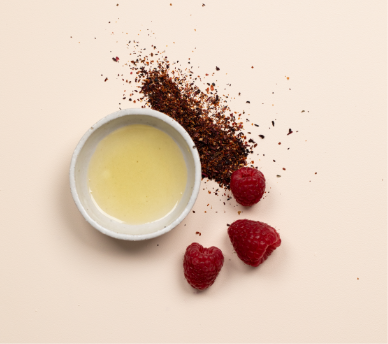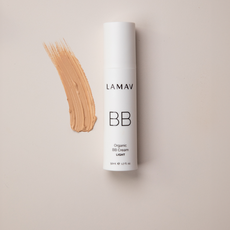Housed within your gastrointestinal tract, your gut microbiome is a thriving ecosystem of microorganisms (including bacteria, fungi and yeasts) that plays a crucial role in your health and wellbeing, impacting everything from your mental health to the state of your skin.
Once considered a simple bodily system, it’s now understood that your gut is home to around 1000 different microbial species and even shares an intimate connection with your brain. Known as the gut-brain axis, this intricate system connects your central nervous system with your enteric nervous system, essentially linking your emotions and cognition with intestinal function. Because of this bidirectional link, your microbiome has the ability to profoundly impact your overall health. While a diverse gut microbiome has been linked with better health outcomes, a compromised gut (characterised by a lack of microbial diversity) seems to play a part in a myriad of health conditions, ranging from obesity and diabetes to atopic eczema.
If you suspect that your gut is a little out of whack, it’s likely been sending you some signals. Below, we dive into some of the common signs and symptoms to look out for…
Your complexion isn’t cooperating
Research shows that imbalance in the gut microbiome is correlated with an imbalance in the skin microbiome, which is associated with a plethora of skin conditions like eczema, psoriasis and acne. Unfortunately, moisturiser is no match for the chronic skin conditions brought on by an unhappy gut. The most effective skincare routine combines the best topical products with the most potent ingestibles, like Beauty Restore, our new skin-loving elixir. Containing antioxidant-rich elderberry, grapeseed and pomegranate, this berry-flavoured liquid not only restores your outer glow by inhibiting skin inflammation, but also contains our unique Probiotic Blend consisting of eight strains of probiotics to support your gut microbiome, promoting a more diverse and balanced microbiome—and subsequently, more luminous skin.
You’re plagued by poor digestion
If you’re constantly bloated and gassy, this might suggest that something’s going down in your gastrointestinal tract. Similarly, struggling to eliminate (or bunkering down in the bathroom after every meal) is an obvious indication that your gut is struggling to do its job. A healthy, balanced belly should have very few problems processing food, synthesising nutrients and eliminating waste. Conversely, if most meals leave you feeling uncomfortable, lethargic or looking for the loo, this could be a sign of Irritable Bowel Syndrome (IBS), which can also be linked to imbalances in the gut.
You’re constantly under the weather
Housing around 70% of your immune system, your gut plays a pivotal role in protecting your body from pathogenic bacteria, viruses and unwanted intruders. When your gut health is compromised, it’s likely that your immune function is too, leaving you more susceptible to common colds and infections, as well as the development of autoimmune diseases like Crohn’s and celiac disease. If you find yourself catching every cold that comes your way, there’s a good chance your gut isn’t receiving the TLC it needs! By increasing your intake of fibrous plant foods, you’ll give your gut bugs the fuel they need to thrive, creating a resilient microbial environment that’s less vulnerable to infection. To further support your immunity, enjoy a daily serving of Beauty Restore, which contains powerful ingredients like pomegranate fruit extract and elderberry, both good sources of vitamin C. A powerful antioxidant, vitamin C helps to bolster your body’s natural defences and improve its ability to fight off infection.
You’re fighting fatigue
Struggling to sleep soundly? Poor gut health might be to blame. Anyone dealing with digestive issues like bloating, gas or discomfort will know that an upset stomach is a surefire way to a poor night’s sleep, but in recent years, a growing body of research has confirmed the existence of the gut-sleep link. In fact, a 2019 study found that sleep efficiency and total sleep time is positively correlated with a more diverse gut microbiome! If your nightly slumber has been suffering and there’s no obvious explanation, it might be time to turn your attention to your tummy.
You’re feeling a little off
While more research is needed, inflammation and imbalance in the gut microbiome have been linked with mental health conditions. In fact, there is a well-established connection between IBS, anxiety and depression, with studies showing that at least 40% of people with IBS also suffer from some form of anxiety disorder. While there’s no denying that mental health conditions are complex and multi-faceted, there’s a chance that your gut microbiome may be implicated in some way. All the more reason to nourish your gut bugs with plenty of nutrient-rich foods, including prebiotic plant fibres and probiotics, like those found in our Inner Beauty range.
If you’re suffering from one of these common conditions, there’s no need to worry! While the realm of gut health research can be complicated, boosting the health of your microbiome is simple and achievable.
Head to our blog to find out some of the best ways to improve your gut health!











